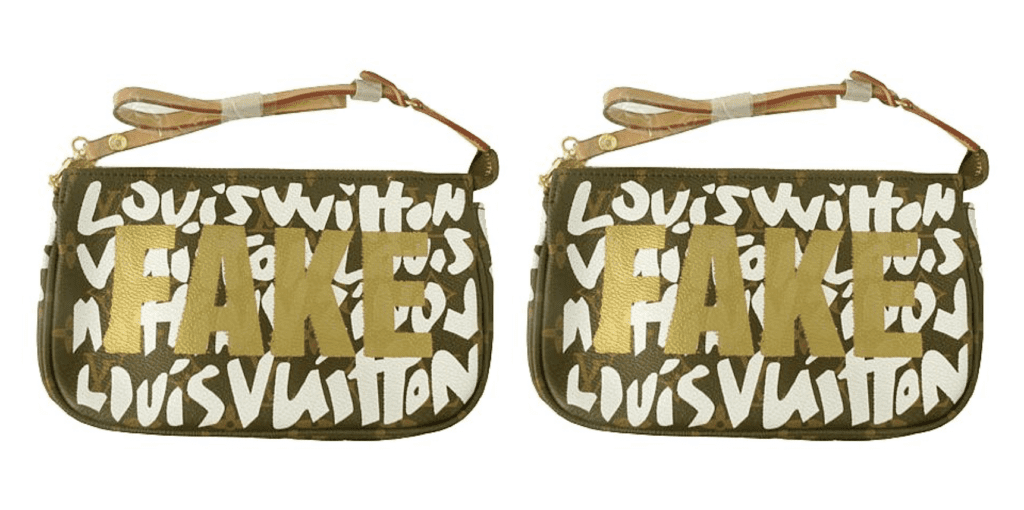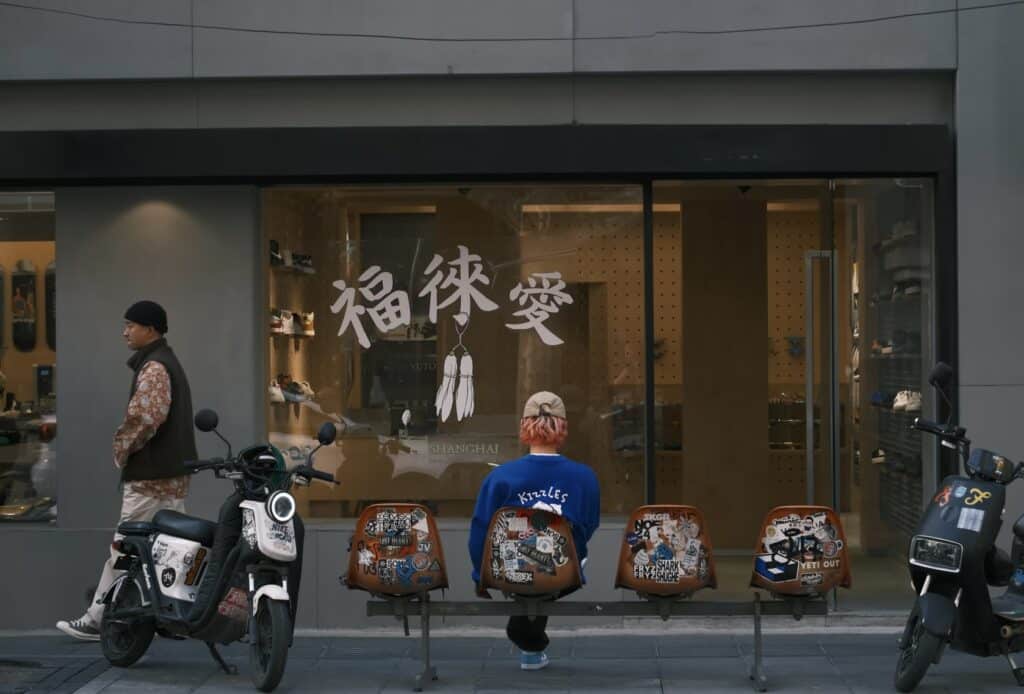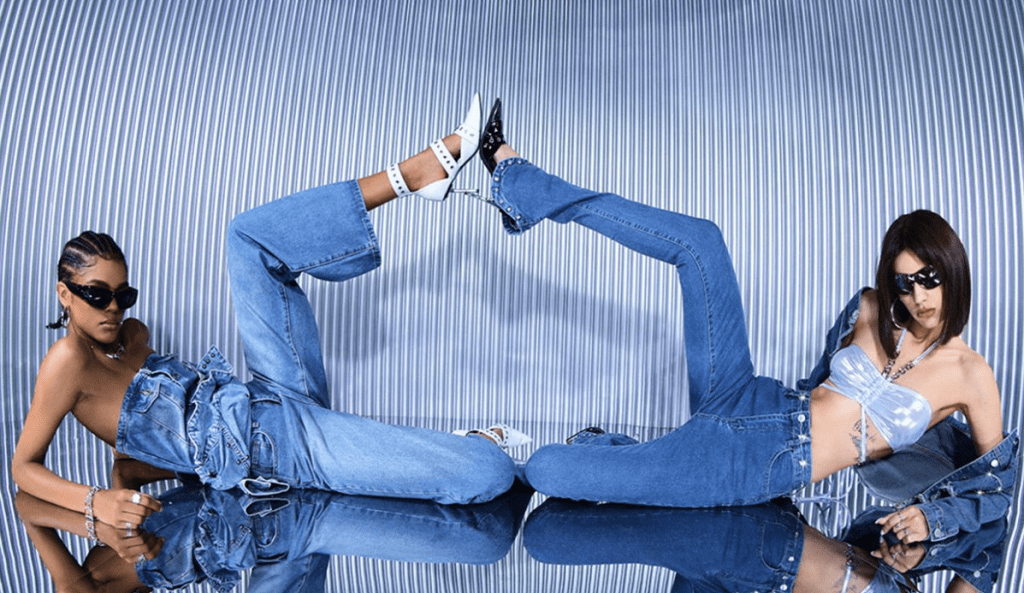Almost 10 months after Donald Trump signed a memo aimed at combatting the import of counterfeit goods into the U.S., with an emphasis on “third-party online marketplaces,” including “Alibaba, Amazon, and eBay,” and less than two weeks after reports that the $1 trillion behemoth that is Amazon will do more to prevent the sale of fakes on its sites, the Trump administration released its official plan to cut down on the ever-increasing counterfeit trade.
A booming industry, the total trade in counterfeit goods tops $1.5 trillion, with counterfeit goods costing the U.S. economy, alone, an estimated $600 billion a year, or 3 percent of the U.S. gross domestic product, and the fight against fakes is a complex one. Given the jurisdictional issues when it comes to counterfeit sellers (most are located outside of the U.S.) and other practical roadblocks at play, “Foreign sellers face little risk of prosecution,” an administration official told Reuters. As such, strong U.S. government action “is necessary to fundamentally realign incentive structures.”
Speaking to CNBC on the heels of the signing of Phase One of Trump’s trade deal with China this month, which follows from claims of rampant infringement of American intellectual property by Chinese entities, Peter Navarro, the Director of the National Trade Council at the White House, revealed that as of now, “if you’re an intellectual property rights holder, whether you’re Michael Kors or Louis Vuitton or Pfizer selling prescription drugs, the onus is really on your company to police the internet, where a lot of this counterfeiting occurs.”
“That’s not right,” according to Navarro, who says that “the Amazons and the Alibabas, Shopify” – which “have been facilitators of the Chinese counterfeiting” – need to act on their “responsibility to police the problem.” He further noted that sites like “Amazon and eBay” are “making a bunch of money … selling this counterfeit stuff,” without “accepting [their] full responsibility,” which is almost certainly a reference to marketplace sites’ recurring attempt to disclaim liability by asserting that they are not the “sellers” in such equations but merely middlemen. This is what Amazon argued in a recent case over the sale of a defective dog leash that a consumer purchased from its site.
That case – which could have sweeping impacts for Amazon and its vas third-party marketplace – is still underway, with a Third Circuit Court of Appeals hearing en banc expected this year.
As for the Trump administration’s latest counterfeit-specific plan, on Friday, the Department of Homeland Security’s Office of Strategy, Policy & Plans released a report entitled, “Combatting Trafficking in Counterfeit and Pirated Goods,” stating that at the forefront of the “best practices for private sector stakeholders” is “the idea that e-commerce platforms, online third-party marketplaces, and other third-party intermediaries such as customs brokers and express consignment carriers must take a more active role in monitoring, detecting, and preventing trafficking in counterfeit and pirated goods.”
An increased focus on the crack down on counterfeits will be a welcome development for fashion and luxury brands, in particular, which is a particularly hard-hit segment of the market when it comes to the scale of the manufacturing and sale of counterfeits. After all, luxury goods are amongst the most commonly affected, with fake luxury products – from logo-bearing sunglasses to fake leather goods and shoes – accounting for “between 60 to 70 percent” of the total sales of counterfeit goods, per Harvard Business Review, “ahead of pharmaceuticals and entertainment products and representing perhaps [the equivalent of] one quarter of the estimated $1.2 trillion total trade in authentic luxury goods.”
With that in mind and given the need for luxury brands, in particular, to maintain the image of exclusivity associated with their valuable trademarks, brands routinely spend tens of millions of dollars each year to police unauthorizes uses of their trademarks. HBR reported in May that LVMH Moët Hennessy Louis Vuitton, the parent company to 75 luxury goods brands, including fashion houses like Louis Vuitton, Dior, Givenchy, and Celine, “employs at least 60 lawyers and spends $17 million annually on anti-counterfeiting legal action.”
All the while, luxury titans have been busy lobbying governments “to extend enforcement bodies’ powers to seize and destroy fake goods, and to block access to websites that sell counterfeit goods,” per HBR. If the impending memo is any indication, the Trump administration is willing to up the ante.











